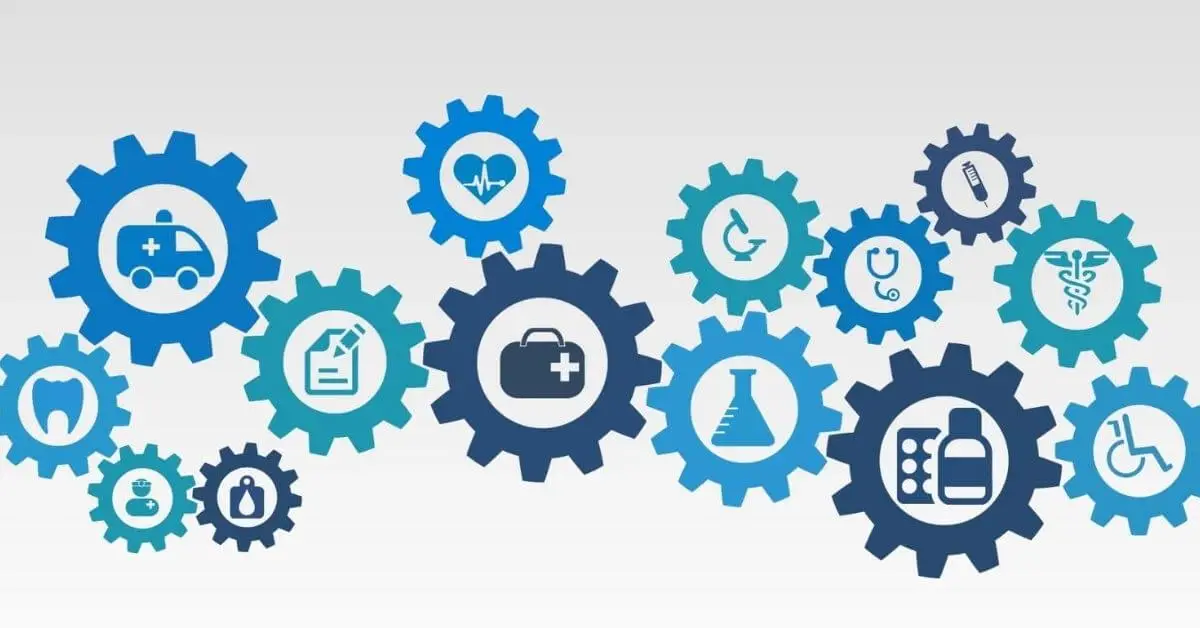How Health Gadgets and Apps Can Work Against Us
3. The temptation of self-diagnosis
Information about the symptoms of various diseases has been freely available on the Internet for many years. However, more advanced new technologies are giving patients the ability to investigate their condition and even have genetic tests done on demand. Even government agencies such as the UK’s National Health Service have developed virtual assistant apps to cut back on doctor visits.
In 2016, the Royal Society of Pharmacy conducted a study that found that more than half of adults in Britain use the Internet instead of visiting a doctor. In the same year, a survey by the Mintel Research Center found that more young people trust health information posted online more than they do from doctors and pharmacists.
This is despite warnings from health services about the dangers of this approach. For example, an analysis of 23 health websites by the British Medical Journal showed that they gave the correct diagnosis only 34% of cases. So it is much better to visit a doctor’s office instead of surfing the Internet.
4. A health gadget may not be useful at all
Studies on the effectiveness of digital health technologies show uncertain results. An example is a 2017 University of Virginia study that analyzes the relationship between calorie counting and the use of fitness tracking technologies for eating disorders.
Or the case of one of the applications developed by the Swedish government to reduce alcohol consumption among students (Promillekoll). This healthcare app actually led to an increase in alcohol consumption among male students.
5. Unexpected consequences
Used by 700,000 people in 200 countries, Natural Cycles app has been recognized as the world’s first “digital contraceptive” – based on the calculation of a woman’s reproductive cycle and approved by the US Food and Drug Administration.
However, since July last year, this application and the developer company have come under increasing criticism due to the occurrence of unplanned pregnancies among users. So Swedish authorities reported that 37 of the 668 abortions performed at the Stockholm hospital were performed on women using the Natural Cycles app. In August, the UK Advertising Standards Office banned Facebook ads for this app, saying the claims of its high reliability were untrue.





